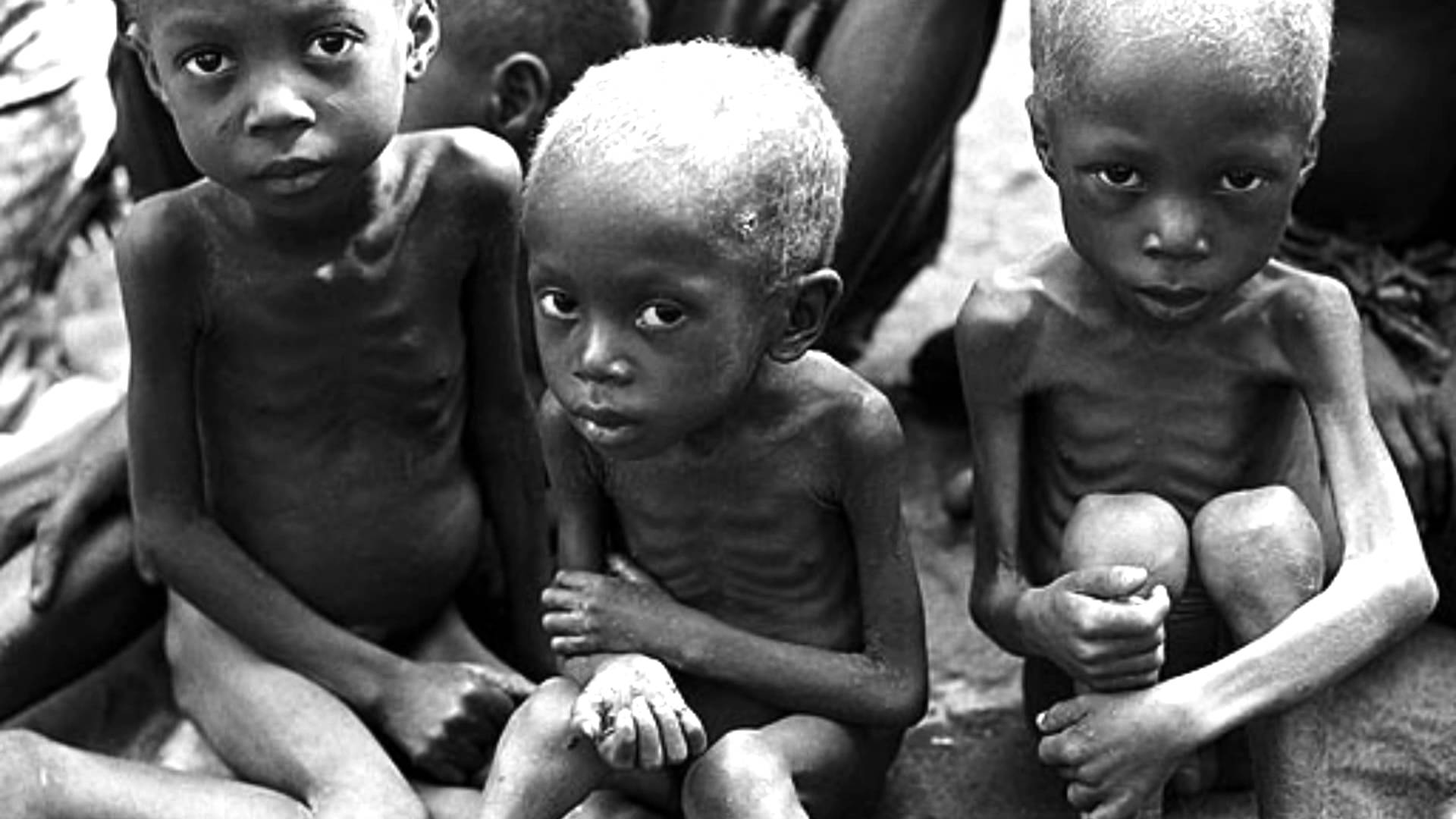
I presume the Worldometers.info website is one of the most comprehensive tracker of global population growth on the web and the most trustworthy in numbers. Their clock ticks endlessly. To date the global population stands at just under 7.5 Billion and this from all other credible sources, while life expectancy has been on the rise peaking in Japan at 83.10 years. While this bit of data is comforting for many, the other side of the coin reveals that 21,000 people die daily as a result of hunger or hunger related causes – per information confirmed by the United Nations. This number amounts to one person dying every four seconds from hunger. Though it may be hard put for charity organizations to reach people in remote areas, it is noteworthy that there is more than enough food to go around in many countries to alleviate hunger, where people, especially children, are dying. In fact, there is enough food being produced to feed 10 Billion people.
Back home in America, hunger coupled with what has been categorized as “food insecurity” (the state of being without reliable access to a sufficient quantity of affordable, nutritious food), accounted for 45 million Americans in this predicament in 2010. The inevitable inequitable distribution of wealth comes to mind immediately in any such discussion but so too should the lack of employment opportunities, sometimes due to various disabilities. But for whatever reason, it never cease to amaze me that in the face of this, Ft. Lauderdale, Florida, among 30 plus other cities across the United States has conceded to an ordinance by the city council which makes it illegal to feed the homeless in public. This ordinance has been in place since 2013 and efforts are afoot to make such undertakings a criminal offence. For now, breaching the ordinance could attract a fine or jail time. Kotch Magazine.
The reasons bantered about stems from food safety to enabling homelessness, to it being a public safety issue. “While I do understand that large groups of homeless people can impact the look and feel of any city, the realities of how many of these people end up on the streets is no mystery,” stated Jonathan Turley in his article “Why is it Illegal to Feed the Homeless?” But Kelly McAdoo, the assistant city manager of Hayward, California, told NBC after the city enacted restrictions for food-sharing on public property that, “the food sharing itself was not necessarily the issue, but there was a host of ancillary behaviors when people gathered after the food sharing. She said people would stay in the public park drinking, relieving themselves, and fighting and other residents wouldn’t feel comfortable coming to these parks.”
While I could not endorse any movement that allow free-for-all behavior where citizens feel they have every right or liberty to set up anything anywhere whenever they feel compelled to do so, and in so doing breach civil laws, I applaud acts of selfless kindness especially when it comes with the dispensing of hope. It would have been commendable had the city made efforts to find a place off the beaten track where the homeless could be served rather than using such draconian measures to disassemble the hungry, for each of our neighbor is “our unknown self made visible.”
Marlene Daley
Publisher



This is really interesting, You are a very skilled blogger.
I have joined your rss feed and look forward to seeking more of your fantastic post.
Also, I have shared your web site in my social networks!
Thanks so much. We have been off the radar for a minute but should be back up and running by this weekend. We truly appreciate you.
Comments are closed.